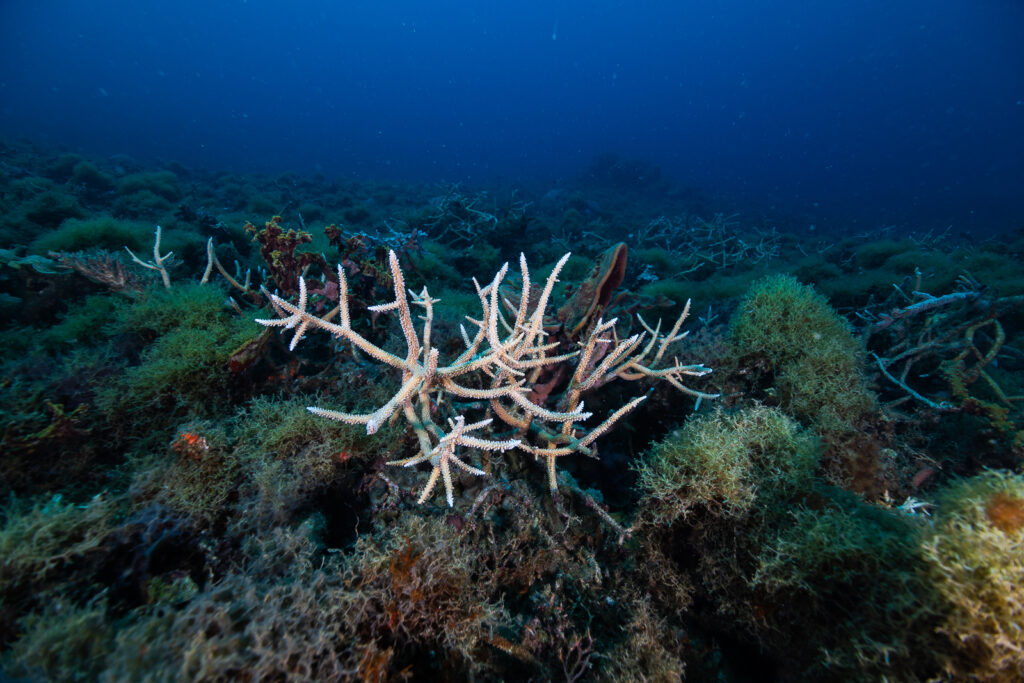Project Title:
Matumbawe-Hai: Revitalizing Livelihoods in SOMAKI-CFMA, Co-management, Habitat Restoration and Eco-tourism
Context:
In the Kilwa Seascape of Southern Tanzania, coastal communities face mounting challenges from overfishing, habitat degradation, and pressures on marine biodiversity. The project is part of the OCEAN (Ocean Community Empowerment and Nature) Grant Programme, which is funded by the UK International Development Initiative. It is implemented by Aqua-Farms Organization (AFO), an entity focused on environmentally friendly aquaculture and sustainable fisheries management.

Core Project Details
- Implementing Organization: Aqua-Farms Organization (AFO)
- Partners: BMU Mtandao and TAWA
- Funding Programme: OCEAN Grant Programme
- Location: SOMAKI Collaborative Fisheries Management Area (CFMA) within the Kilwa Seascape, Southern Tanzania
- Project Duration: November 1, 2024 – September 30, 2026
Strategic Objectives and Components
A. Marine Habitat Restoration
- Reef Enclosures:
The project includes the creation of new reef enclosures in locations such as Masongoro, Kifinge, and Kipakoni. These enclosures are designed to help restore degraded marine habitats, which is critical for the recovery of fish stocks and overall ecosystem health.
B. Strengthening Co-management Structures
- Community Empowerment:
By reinforcing community-led co-management mechanisms within the SOMAKI CFMA, the project seeks to empower local stakeholders. This involves sharing decision-making power for sustainable resource management and ensuring that communities have the tools and knowledge to manage their marine resources effectively.
C. Diversifying Livelihoods
- Economic Resilience:
A key focus is on diversifying income sources for local communities. The initiative targets around 500 households—particularly those involved in octopus fishing within the Songomnara and Kilwa Kisiwani Beach Management Units (BMUs). By integrating sustainable fishing practices with eco-tourism opportunities, the project aims to create alternative revenue streams and build long-term economic resilience.
Expected Outcomes and Impact
- Ecosystem Health:
Restored habitats and improved fisheries management are anticipated to boost fish populations, leading to healthier marine ecosystems. - Enhanced Livelihoods:
Through diversified income opportunities and strengthened community structures, coastal households are expected to experience improved livelihoods and greater food security. - Sustainable Model:
The integrated approach serves as a model for balancing environmental conservation with socio-economic development, potentially informing similar initiatives in other coastal regions.
Broader Significance
This project illustrates how targeted investments in habitat restoration and community empowerment can address both ecological and socio-economic challenges. By merging environmental stewardship with economic opportunities (such as eco-tourism), Aqua-Farms Organization is setting a precedent for sustainable coastal management that may benefit wider regions facing similar issues.
